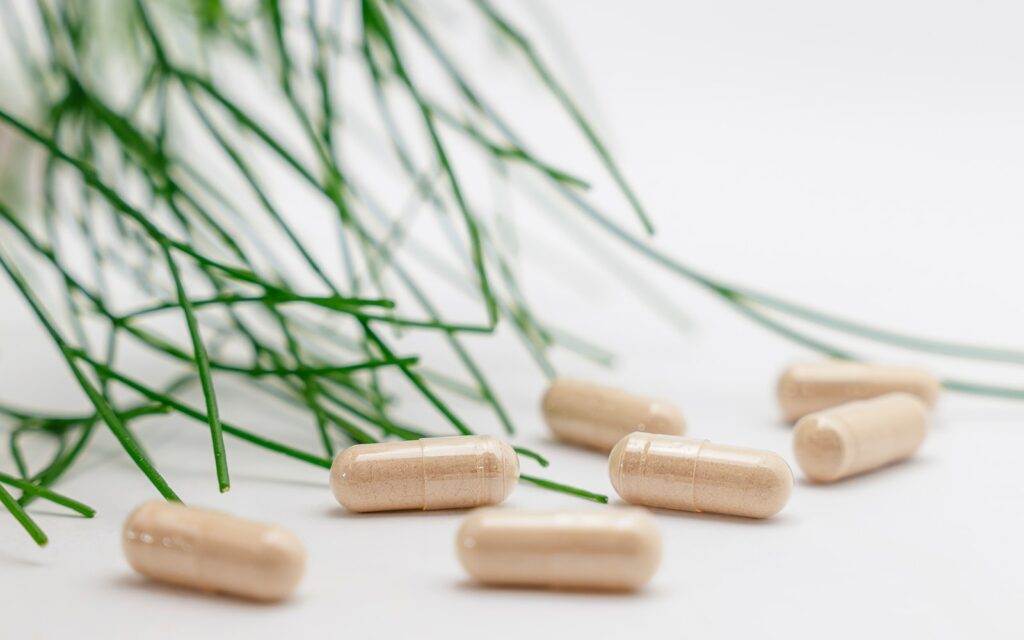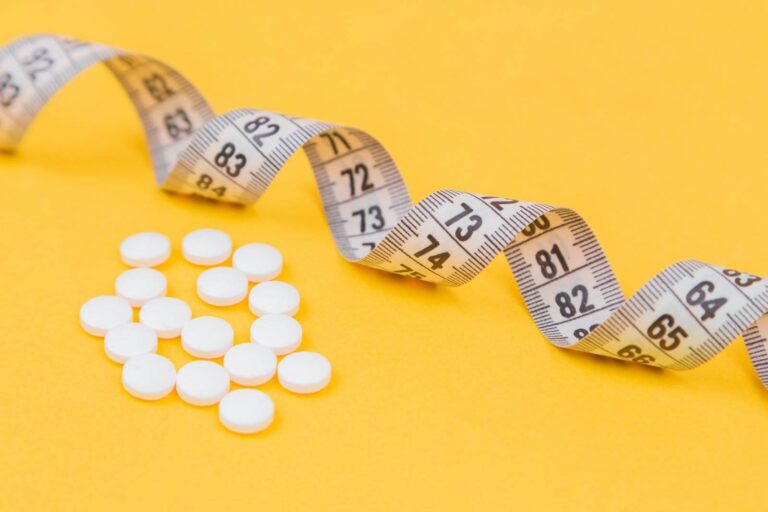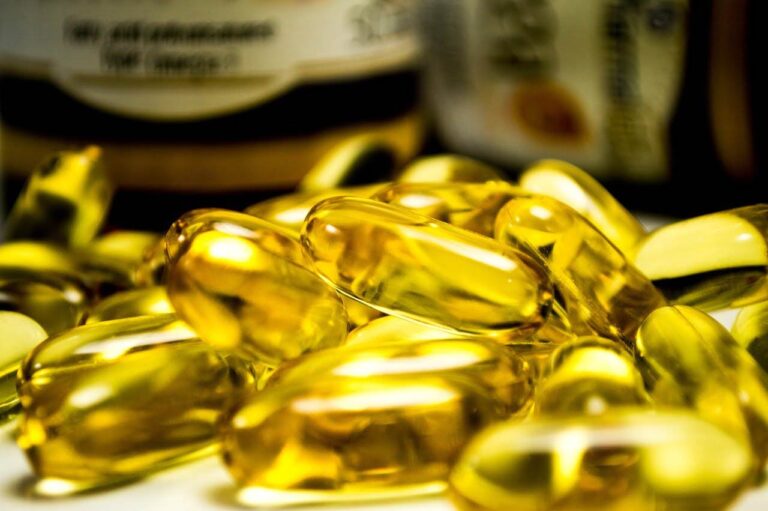“Managing Diabetes with Berberine: A Comprehensive Guide”
Table of Contents
Berberine and Diabetes: What You Need to Know
Millions of people around the world suffer from diabetes, a disease that is both widespread and persistent. It’s characterized by high blood sugar levels that can lead to nerve damage, heart disease, and kidney failure if not properly managed. This article discusses berberine, a naturally occurring chemical that has attracted attention as a possible therapy for diabetes.
What is Diabetes?
To maintain healthy blood glucose levels, the body needs the hormone insulin, which is impaired in people with diabetes. Type 1 and type 2 diabetes are the two most common forms of the disease. Type 1 diabetes is caused by a lack of insulin production, while type 2 diabetes is caused by ineffective use of insulin. Untreated diabetes can cause serious health problems, including heart disease, nerve damage and kidney failure. Elevated blood glucose is a common symptom of diabetes. Medication, behavioral therapy, and dietary changes are common forms of treatment.

What is Berberine?
Many plants, such as goldenseal, Oregon grape, and barberry, contain the naturally occurring alkaloid berberine. It has a long history of usage in both Ayurveda and traditional Chinese medicine for the treatment of a wide range of ailments, from diarrhea and inflammation to infections and fevers.
Berberine has attracted interest as a possible diabetic therapy in recent years. There is some evidence that it can assist with diabetes management by bringing down blood sugar levels, increasing insulin sensitivity, and decreasing inflammation.
How Does Berberine Work?
Diabetes patients who use berberine see improvements in their blood sugar levels due to its multifaceted effects.
- Enhancing Insulin Sensitivity: Berberine may make it easier for cells to take up glucose from the blood when insulin is present.
- Reducing Glucose Production: One of the primary causes of high blood sugar is the liver’s excessive synthesis of glucose. Berberine may help curb this process.
- Increasing Glycolysis: Berberine may help increase glycolysis, which is the process by which cells break down glucose for energy.
- Activating an enzyme called AMPK: which controls glucose metabolism. Activating AMPK improves glucose utilization and decreases glucose production in the liver.
The Evidence for Berberine and Diabetes
Several studies have looked at the effects of berberine on blood sugar control in people with type 2 diabetes, and the results have been promising. A systematic review and meta-analysis of 14 randomized controlled trials found that berberine was effective at lowering fasting blood sugar levels and HbA1c (a measure of long-term blood sugar control) in people with type 2 diabetes: Dong H, Wang N, Zhao L, Lu F. Berberine in the treatment of type 2 diabetes mellitus: a systemic review and meta-analysis. Evid Based Complement Alternat Med. 2012;2012:591654.
In one trial including 116 people, patients with type 2 diabetes were given berberine or a placebo for three months. Fasting blood sugar levels and hemoglobin A1c were significantly lower in the berberine group compared to the placebo group.
Another study found that berberine was as effective as the diabetes medication metformin at reducing HbA1c levels in people with type 2 diabetes: Yin J, Xing H, Ye J. Efficacy of berberine in patients with type 2 diabetes mellitus. Metabolism. 2008;57(5):712-717.

What Are the Dosages of Berberine?
Berberine supplements are available in health food stores and on the Internet. Talk to your doctor before taking any new supplements. This is especially important if you already have a health problem or are taking medication.
In general, you should take 500-1500 mg of berberine per day, divided between meals, to help control diabetes. It’s also important to know that berberine should only be taken under the supervision of a health care professional, as it can interact with other medications and supplements and cause adverse side effects in some people. It’s important to follow the directions on the label for how much to take and not to take more than the recommended amount.
The right amount of berberine to take to treat diabetes depends on a number of things, such as a person’s age, weight, and overall health, as well as how bad their diabetes is. Before starting a new treatment with Berberine, it’s important to talk to a doctor or nurse who can tell you the right dose for your needs.
- The Prescription Seekers: Those who seek to manage their diabetes using prescription medicine.
Category-related needs: Convenience, trust in traditional medicine, access to healthcare providers.
Initiatives: Working with healthcare professionals to prescribe Berberine, providing instructional materials on its advantages and its usage, and making healthcare providers simple to consult and monitor. - The Naturalists: Those who prefer natural therapies to standard drugs and want a natural diabetic treatment.
Category-related needs: Trust, access, and knowledge about natural therapies.
Initiatives: Offering Berberine as a natural supplement, collaborating with natural health stores to educate and deliver Berberine, and providing online materials on natural diabetes therapies. - The Researchers: Those who wish to extensively examine Berberine’s advantages and hazards before starting a new diabetic medication.
Category-related needs: Transparency, credibility, and trust.
Initiatives: Educating about Berberine and diabetes management, providing access to clinical studies and research papers, and working with healthcare practitioners to provide expert opinions and solutions. - The Busy Bees: Working people who want a quick diabetic therapy.
Category-related needs: Convenience, accessibility, and usability.
Initiatives: Offering Berberine as capsules, pills, and liquid, as well as online buying and delivery. - The Budgeters: Those on a tight budget who want an economical alternative to diabetic drugs.
Category-related needs: Affordability, value for money, and accessibility.
Initiatives: Making Berberine cheap, comparing its cost-effectiveness to existing diabetic drugs, and cooperating with healthcare providers to give discounts and financial help programs for people in need. - The Fitness Fanatics: Health and fitness enthusiasts seeking a natural and complementary diabetic therapy that supports their aims.
Category-related needs: Health, natural cures, and fitness.
Initiatives: Offering Berberine as a supplement that promotes overall health and wellbeing, giving materials on how Berberine may complement a fitness regimen, and collaborating with fitness companies and gyms to give education and access. - The Elderly: Seniors seeking a safe, efficient diabetic therapy with little side effects.
Category-related needs: Safety, effectiveness, and ease of use.
Initiatives: Offering Berberine as a safe and effective diabetic therapy, educating the elderly on its usage, and working with healthcare practitioners to monitor and adjust treatment. - The Medication Mixers: Those taking various drugs for different health issues who want a supplementary diabetes therapy.
Category-related needs: Compatibility with other medications, safety, and effectiveness.
Initiatives: Providing information on the compatibility of Berberine with other medications.
Take other medications
You should discuss your current medicines, vitamins, and herbal supplements with your doctor before starting any new treatment for diabetes that includes berberine. This will help your doctor keep track of your health and make any necessary adjustments to your treatment plan to make sure you get the best possible results.
Be careful with Berberine and let your doctor know if you experience any adverse reactions. They’ll be able to give you guidance on what to do next.
Possible Side Effects of Berberine
Berberine is generally considered safe when taken in recommended doses, but some people may experience side effects, including:
- Gastrointestinal symptoms such as diarrhea, constipation, and stomach pain
- Headaches
- Dizziness
- Low blood pressure
- Skin irritation and allergic reactions.
If you experience any side effects while taking berberine, it is important to talk to your doctor.
Conclusion
The natural supplement berberine has gained popularity in recent years due to its potential benefits in controlling blood sugar and increasing insulin sensitivity. Many studies have shown that berberine may limit glucose synthesis and promote glycolysis, thereby lowering blood glucose levels. A healthcare provider should be consulted before taking any supplements, especially if you have any pre-existing health concerns or are already taking any medications, as the ideal amount of berberine is not yet known.
More studies are needed to evaluate the long-term safety and efficacy of berberine, although it shows promise as a potential alternative treatment for people with diabetes. It’s important to use dietary supplements properly and under the supervision of a health care professional, as with any medication.
FAQs
Q. Can Berberine replace diabetes medication?
No, Berberine should not replace diabetes medication. Although it may be used as a complementary treatment with conventional diabetic drugs, it is important to have medical approval before starting any new supplement regimen.
Q. Is Berberine safe during pregnancy?
To be safe, pregnant and nursing women should avoid using berberine.
Q. Is Berberine suitable for everyone with diabetes?
Certain diabetics may not be good candidates for berberine. If you have any preexisting health issues or take any other drugs, it is necessary to see a healthcare practitioner before using Berberine.
Q. How long does it take for Berberine to lower blood sugar levels?
Berberine’s effectiveness in reducing blood sugar levels varies from person to person, although studies suggest it may take at least two to three weeks.
Q. How does Berberine compare to other treatments for diabetes?
Although berberine has shown promise as an adjunct therapy for diabetes, it may not offer the same benefits as standard diabetic drugs. If you want to find out what kind of treatment might work best for you, it’s best to go to a doctor.



